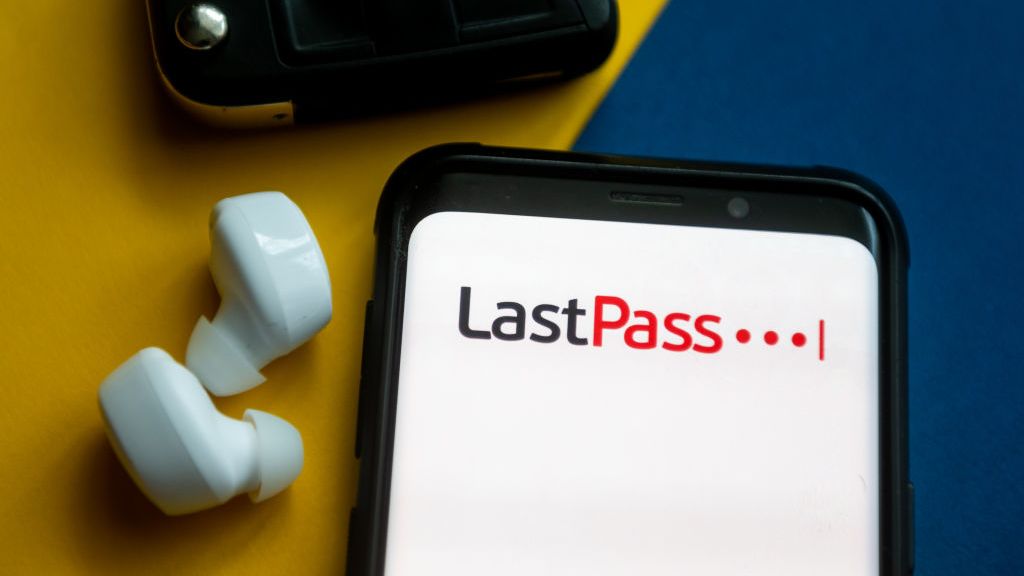Infosec 08: Make security part of corporate culture
Organisations must make privacy a part of all projects, and put data security in the hands of senior management, according to a new report.


Preventing the next data breach requires corporations to undergo a complete change of culture when it comes to security, according to a new study.
The report, produced by the Cyber Security Knowledge Transfer Network (KTN) and released during the Infosec 2008 show, examined how businesses can make the data they hold more secure.
It said that organisations must be aware of the importance of data security, because of the legal and financial implications, as well as the ethical ones.
The KTN advised three steps. First, organisations must take responsibility for securing data. Businesses clearly see the benefits IT offers, but sometimes miss the downsides, explained KTN's director, Nigel Jones. "This is a set of problems we didn't expect," Jones told IT PRO. "Now we have to reverse engineer to workout these vulnerabilities."
Second, privacy must be built into all stages of product development, from the initial planning through to audits afterwards. "You need a whole life view of privacy throughout the system," said Jones.
Third, the responsibility for assuring private data is secure must rest with the top members of the company - not the bottom. Jones said that solving data insecurity isn't just about finding the right tech, but about seeing data as having value and as something worth protecting. "It's not going to require some large-scale procurement. You need to make someone more senior responsible for it," he said. "It's a culture change."
He added: "It's about understanding the value of information, giving it monetary value."
Sign up today and you will receive a free copy of our Future Focus 2025 report - the leading guidance on AI, cybersecurity and other IT challenges as per 700+ senior executives
Following from that, the report advised businesses against delegating such responsibilities to a junior staff member - it's often been junior members of staff held responsible for recent data breaches. Jones said every company - large and small - must have one person responsible for further moving the issue into the spotlight.
"They must be high profile... but they don't have to be a security person," he explained. "Data and information is not just the security department's concern."
He added: "It's more important that the person has the ear of decision makers in the company."
Jones acknowledged that security has moved up the business agenda lately, following a series of high-profile data breaches.
But it said it will take time to solve these issues. "It's slow to change culture," he said. He called on universities to teach software development in a way which focuses on security, and for governments to enforce the legal aspects.
When it comes down to it, he again stressed that securing data is more about culture. "We need to get people to want to look after it like it was their own personal possession," Jones said.
For more Infosec 2008 coverage, see IT PRO's roundup page here.
Freelance journalist Nicole Kobie first started writing for ITPro in 2007, with bylines in New Scientist, Wired, PC Pro and many more.
Nicole the author of a book about the history of technology, The Long History of the Future.
-
 Microsoft wants to replace C and C++ with Rust by 2030
Microsoft wants to replace C and C++ with Rust by 2030News Windows won’t be rewritten in Rust using AI, according to a senior Microsoft engineer, but the company still has bold plans for embracing the popular programming language
-
 Google drops $4.75bn on data center and energy firm Intersect
Google drops $4.75bn on data center and energy firm IntersectNews The investment marks the latest move from Google to boost its infrastructure sustainability credentials
-
 PyPI attack: Targeting of repository 'shows no sign of stopping'
PyPI attack: Targeting of repository 'shows no sign of stopping'News Greater collaboration and understanding of attackers’ tactics is key to mitigating open source security threats
-
 Capita's handling of cyber attack shows companies still fail at breach reporting
Capita's handling of cyber attack shows companies still fail at breach reportingAnalysis Capita initially told customers there was “no evidence” of data having been compromised in the March cyber attack
-
 Malware being pushed to businesses by search engines remains a pervasive threat
Malware being pushed to businesses by search engines remains a pervasive threatNews High-profile malvertising campaigns in recent months have surged
-
 There's only one way to avoid credential stuffing attacks
There's only one way to avoid credential stuffing attacksOpinion PayPal accounts were breached last year due to a credential stuffing attack, but can PayPal avoid taking responsibility?
-
 Five things to consider before choosing an MFA solution
Five things to consider before choosing an MFA solutionIn-depth Because we all should move on from using “password” as a password
-
 Cyber security suffers from a communication problem
Cyber security suffers from a communication problemNews Negative language around ‘human failures’ is eroding trust between security teams and broader business functions - it has to stop
-
 Does LastPass really deserve a last chance?
Does LastPass really deserve a last chance?Opinion After several disastrous security incidents and a communications breakdown, it’s time to leave LastPass for pastures new
-
 What is the spell-jacking vulnerability and how can your business avoid exposing data?
What is the spell-jacking vulnerability and how can your business avoid exposing data?In-depth Spell-jacking vulnerabilities are threatening to unwittingly leak data to third parties, undermining any drive to protect privacy
